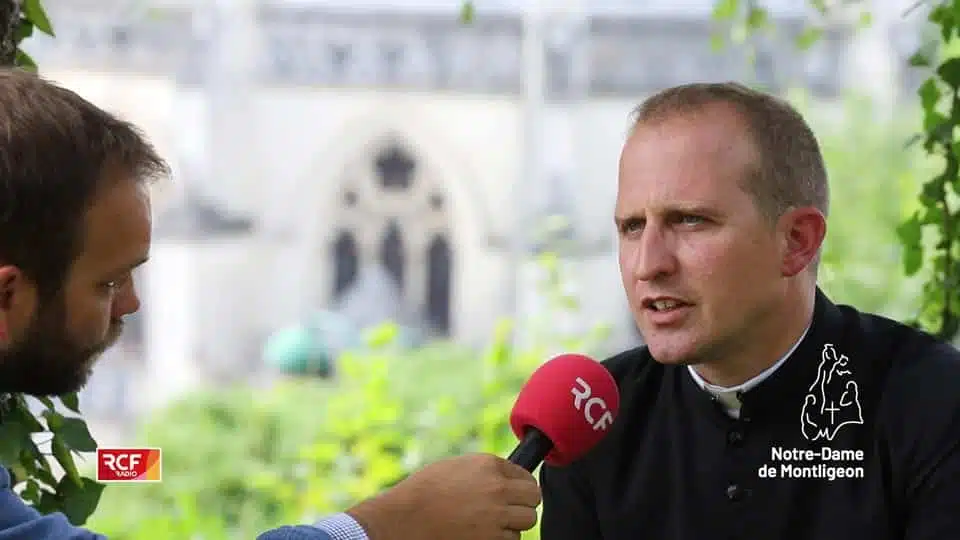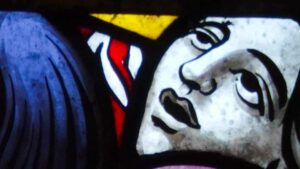Reincarnation or metempsychosis are trendy in our Western societies. These beliefs steeped in Buddhism and Hinduism confess an afterlife and a righteousness that rewards our acts at the end of our earthly life. This assertion is shared by the Christian faith in the resurrection. However, are reincarnation and resurrection exactly the same? What are the differences between resurrection and reincarnation? Rev. Fr. Don Paul Denizot, answers Guillaume Desanges for RCF Radio.
Reincarnation and resurrection presuppose life after death
Reincarnation and resurrection presuppose the existence of an afterlife. Christians call it eternal life. For Hindus and Buddhists, reincarnation leads to nirvāna. It is a state of extinction of human desire and dissolution of oneself and one’s ego in the Great Whole. For a Christian, on the opposite, resurrection is the state of full completion, whereby I shall be wholly myself.
Interestingly, Western-style idea of reincarnation is most romantic. Those who believe in it are most keen in explaining how, in a previous life, they were either a general in the army of Alexander the Great or even a Persian courtesan! They disregard that for Eastern creeds, reincarnation is a curse one is doomed to until one reaches the total eradication of one’s desires.
Assertion of a time of necessary purification is another point of convergence between reincarnation and faith in the resurrection. The former refers to the cycle of purification by means of successive lives; whilst with regards to the latter, Christian faith confesses the existence of purgatory, a time (out of our cosmological time) whereby the soul undergoes preparation in view of entering full communion with the Lord. Yet, in purgatory, one remains totally oneself, and moreover, one gradually becomes what one is called to fully be in God’s plan of love.
Both reincarnation and resurrection assert belief in retribution of our acts in the afterlife
What we do here has weight beyond. Both Eastern and Christian faiths believe it. They also assert the existence of retribution, but are not alike.
Let us take an illustration: that of a child born with some disability. The fatalistic reincarnation creed will support that such infirmity is the consequence of a fault, which occurred in a previous life. What was the fault? We won’t know.
Jesus frees us from fatalism and from the temptation that now and then emerges in the Old Testament: “What have I done to the good Lord? “
He uncovers that the blindness of the man born blind whom He heals, neither due to his fault nor to that of his parents, and that his handicap is not the result of divine retribution. Moreover, divine revelation discloses that divine justice is always edifying, so as to mysteriously help those whom God loves mature.
For Christians, a wasted existence is a life that rejects God till the end. But the Gospel explains that until the very moment of death we can receive grace and be converted. Thus the cry of the Good Thief, crucified beside Jesus: “Jesus, remember me when you come to your Kingdom” and the remarkable response of Christ: “Today you will be with me in paradise”, it establishes that one’s life can be successful by making of his death a success.
The resurrection does not erase the whole of our life
Reincarnation is severe. It states that when life is over, it all vanishes and one moves on (to another life in a new body). But what of my relations, of my love for my mother, for my children, for my friends?
In the Christian faith, eternal life does not entail depersonalization or the loss of bonds of love or of relationships. I remain myself and I remain an individual with relations. Relationships built here on earth bear eternal weight. Relationships built in love are bound to last … forever. Most comforting and reassuring considerations!
In partnership with RCF for
“Les sanctuaires Normands” broadcasted on Tuesdaysat 07:15 pm
https://rcf.fr/spiritualite/les-sanctuaires-normands




